Sambeet Dash
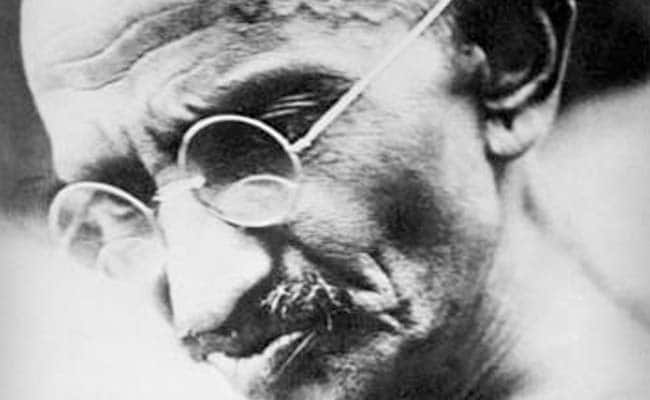
Albert Einstein once described him as – “It’s hard a believe such a man in flesh and blood ever walked on the surface of the earth”. The world-famous scientist wasn’t far from the truth, as the man he was referring to rightly earned his accolades. We are talking about non-other than our BAPU (Father of the Nation), Mohandas Karamchand Gandhi, popularly known as MAHATMA (the famous soul) Gandhi.
Newton’s 3rd Law says every action has an equal and opposite reaction. The same is applicable to human emotions. Every violent action would naturally follow with an equal or more violent reaction, often leading to a continuous, never-ending cycle of revenge. But Mahatma Gandhi decided to fight violence in an exactly opposite manner, something different and out of the box called “Non-violence”. It was another matter violence was not an option as India was not in a position to take the might of the British by force.
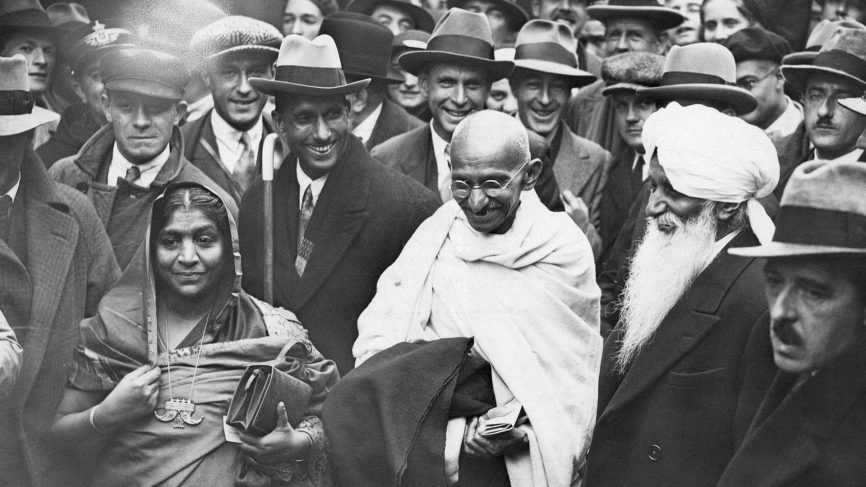
Born in Gujarat to an upper-middle-class family, educated in England, Mohandas Gandhi first experimented with his peaceful protests against the brutally racist Apartheid regime in South Africa. He subsequently applied the same against the British rule in India.
Gandhiji (as he was popularly addressed as) experimented with different vices and virtues early in his life, prompting him to write “My Experiment with Truth”, where he frankly admitted his distaste for sex when he had an urge while attending to his ailing father and slipped away momentarily to his wife to fulfill his desire. When he returned, his father was dead. This incident filled him with remorse.
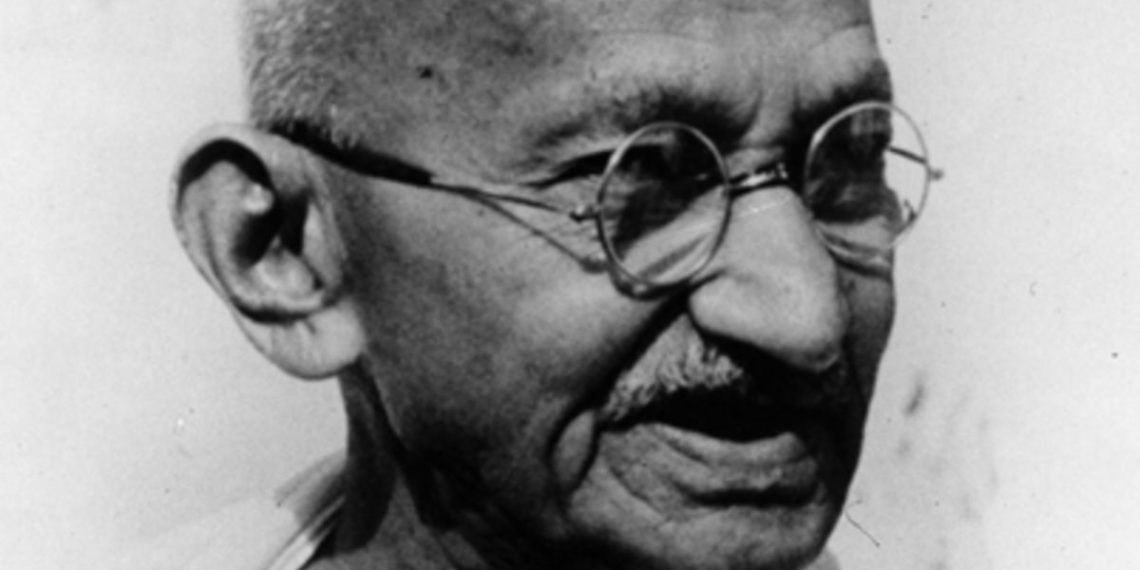
But sometimes his experiments went a little too far. At an old age after his wife’s death, his experiment of sleeping naked with his nubile niece to test his control over libido attracted some controversies. His opponents, notably the Muslim League made a big deal out of it. Gandhi finally discontinued this practice after some persuasion by an image-conscious Congress party. What happened in dark, stayed in dark.
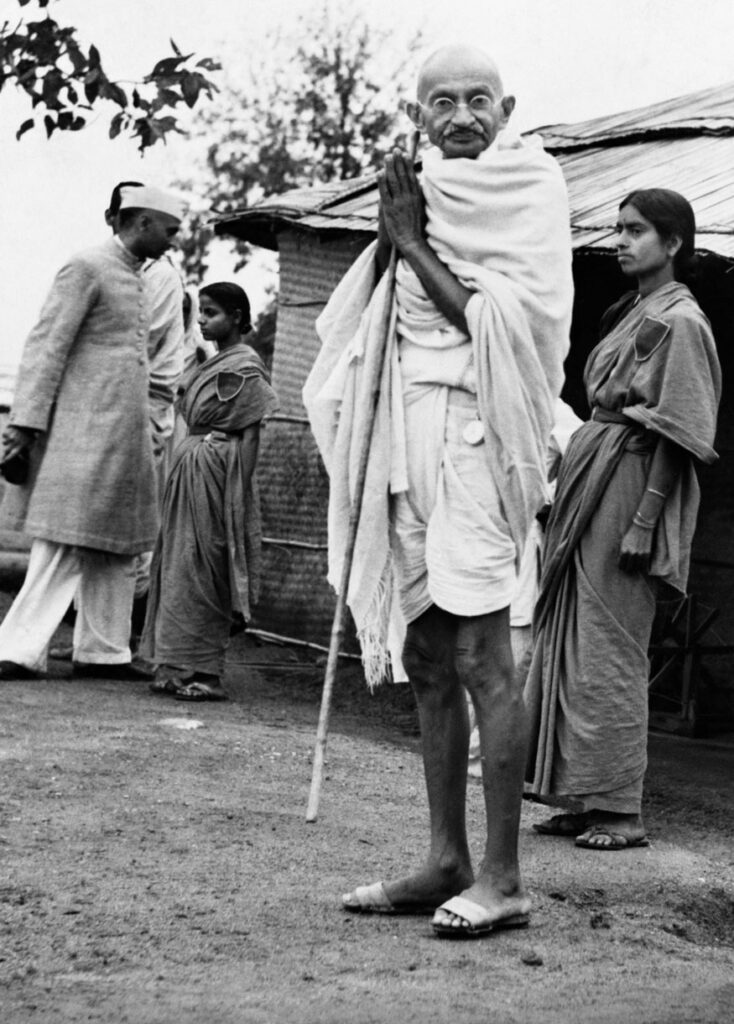
However, his method of protest being unique immediately caught the eyes of the world at a time when the electronic media was at its infancy but upcoming. The world stood up and took notice, appalled by the sight of the DANDI March protesters brutally mowed down by the DANDA (stick) of British Police (Indians who were a majority in the police force had no qualms hitting or killing their own when ordered by the English). The victims didn’t show an iota of retaliation or remorse and went ahead with their protest, still taking the blows from police baton and falling injured one after one another, until they couldn’t carry on any further.
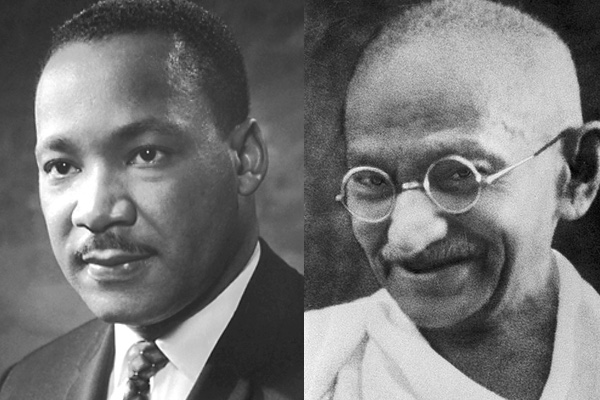
This incident was covered extensively by the western media which brought Gandhi and his unique mode of protest to the limelight. Gandhi was an idealist, whose idealism did not fail in his missions, though finally, he fell to an assassin’s bullet. His ideology of non-violence was later replicated by Dr. Martin Luther King Junior half a world away in the United States to fight for the Civil Rights for the Black minorities. Dr. King, like his idol Gandhi was too assassinated, but both vindicated the efficacy of “Non-violence” as a mode of protest.
When India celebrated its independence, arguably brought to by his non-violence means, instead of celebrating, Gandhiji spent the day praying and fasting. He was steadfast in his pursuit of Hindu-Muslim unity, but India was partitioned amidst bloody violence on communal lines, opposite to what he stood for.
Post partition, Pakistan asked India to pay Rs.48 crore (480 million), a princely sum those days. India refused to oblige. Bapu wanted India to pay the money to younger brother Pakistan and went on fasting, forcing India to relent and pay the money to its western neighbor. Pakistan used that lump sum amount of money to buy arms and attack India.
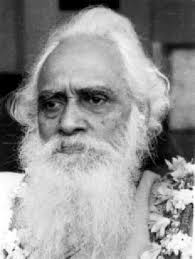
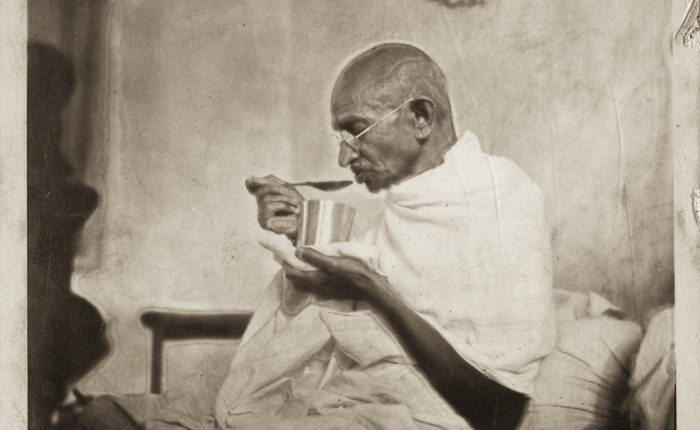
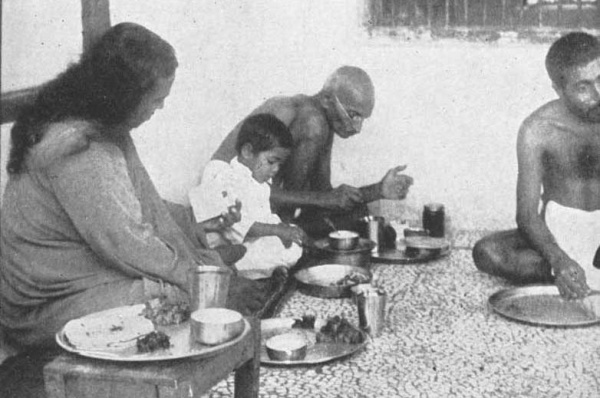
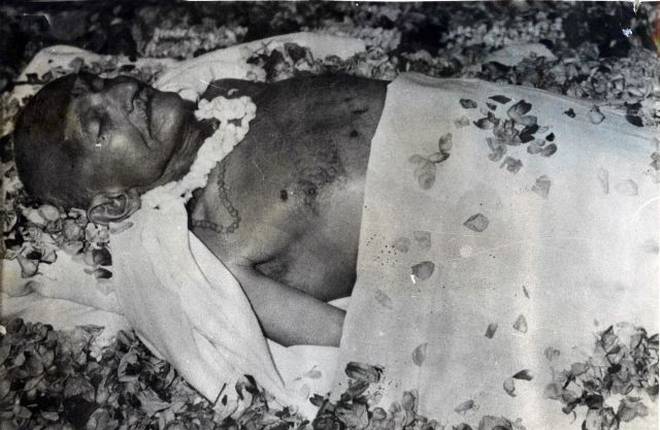
After his death, his countrymen hardly retained his ideologies. India continued to be riddled with the violence of all sorts, later in the form of terrorism. The current affairs of our nation may aptly be described by these few lines lifted from the Odia song LE NABEENA from 1981, depicting the sad saga of the Mahatma. (Naveena here depicts the typical down to earth Odia guy, no relationship to any person bearing the same name).
LE NABEENA TIKE PACHHAKU ANA,
HATHE BAADI DHARI THIA BAPUJI NANA,
BAPUJI BUDHA RA AAKHI RE LUHA,
TA RAMA RAIJE AAJI YAMA RA BHAYA
( O’ Nabeena, take a peek behind.
Stick in hand Old man Bapuji is standing,
The old man’s eyes are filled with tears,
Yama, the God of death has filled
His Dream Land with fear).
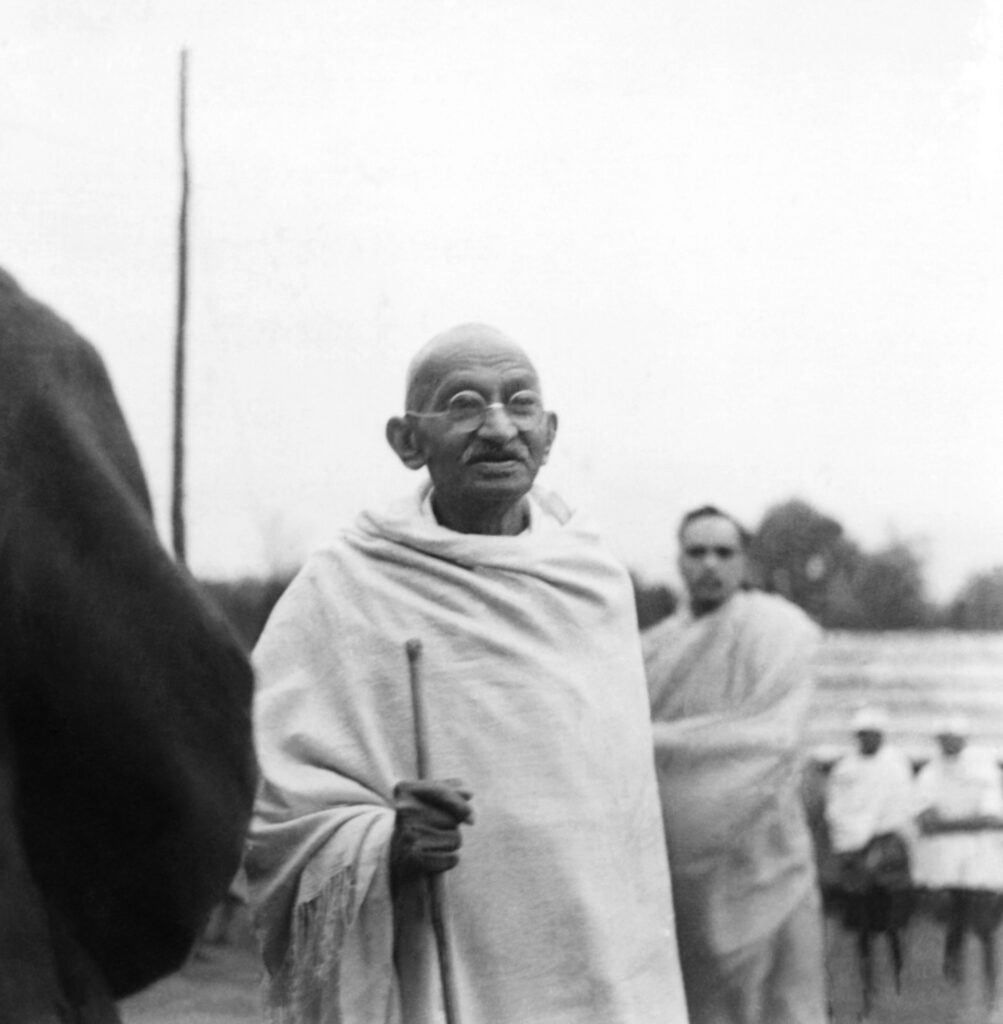
Happy 150th Birthday to Bapu, the Father of the nation. We may or may not agree with what you did or what you could have done, or whether your out of box experiment with non-violence was a useful weapon. But you carved your niche to be the greatest amongst the greats who ever walked on the surface of the earth.






















